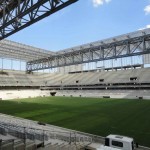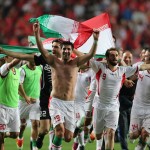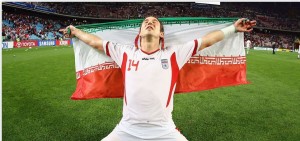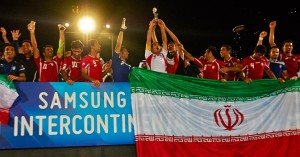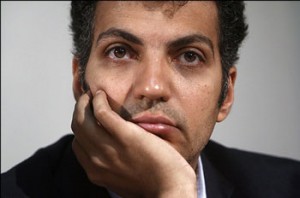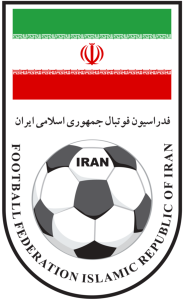Tehran
Oceano Andrade da Cruz (born 29 July 1962), simply known as Oceano, has been appointed as the assistant coach of Team Melli. Oceano will replace Simoez and Omid Namazi both of whom resigned their posts as assistant to Carlo Queiroz.
The Portuguese coach , whose last assignment was an assistant coach in Sporting Lisbon , will start his job immediately and join the Coaching staff of Team Melli under Queiroz. the 51 years old Oceano has played his professional football in Nacional , Sporting Lisbon (two separate spells) , Real Sociedad and Toulouse. He retired in 1999 in the French club. The defensive midfielder also played for his country 50 times scoring 8 goals.
| Teams managed | |||
|---|---|---|---|
| 2009–2010 | Portugal U21 | ||
| 2011–2012 | Sporting CP (assistant) | ||
| 2012 | União Leiria (assistant) | ||
| 2012 | Sporting B | ||
| 2012 | Sporting CP (caretaker) | ||
| 2012–2013 | Sporting CP (assistant) | ||
| 2014– | Iran (assistant) | ||

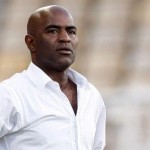
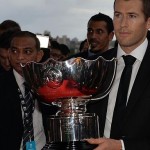
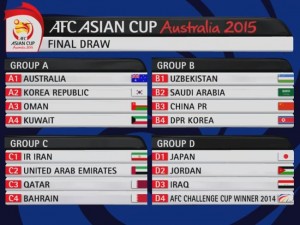




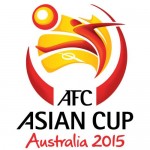

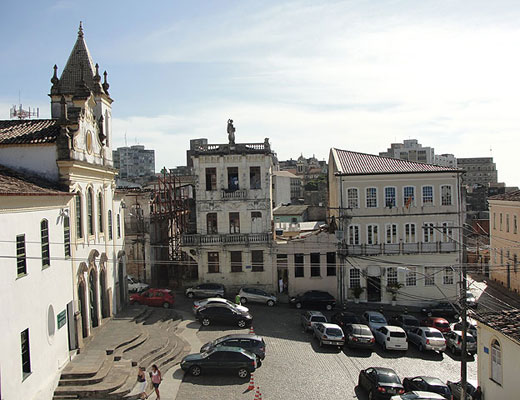
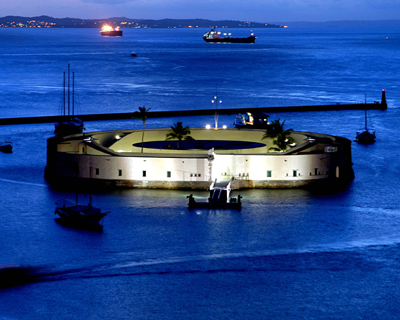
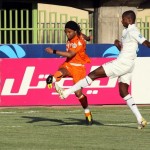
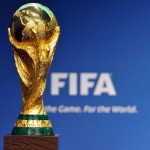
 SS Lazio of Italy midfielder Ogenyi Onazi is confident the Super Eagles can go all the way in Brazil at the FIFA World Cup if the players have self belief.Onazi says the Super Eagles must also be totally focussed on the job at hand instead of concentrating on particular teams, warning that all the qualified teams have the chance to win the trophy.
SS Lazio of Italy midfielder Ogenyi Onazi is confident the Super Eagles can go all the way in Brazil at the FIFA World Cup if the players have self belief.Onazi says the Super Eagles must also be totally focussed on the job at hand instead of concentrating on particular teams, warning that all the qualified teams have the chance to win the trophy.
